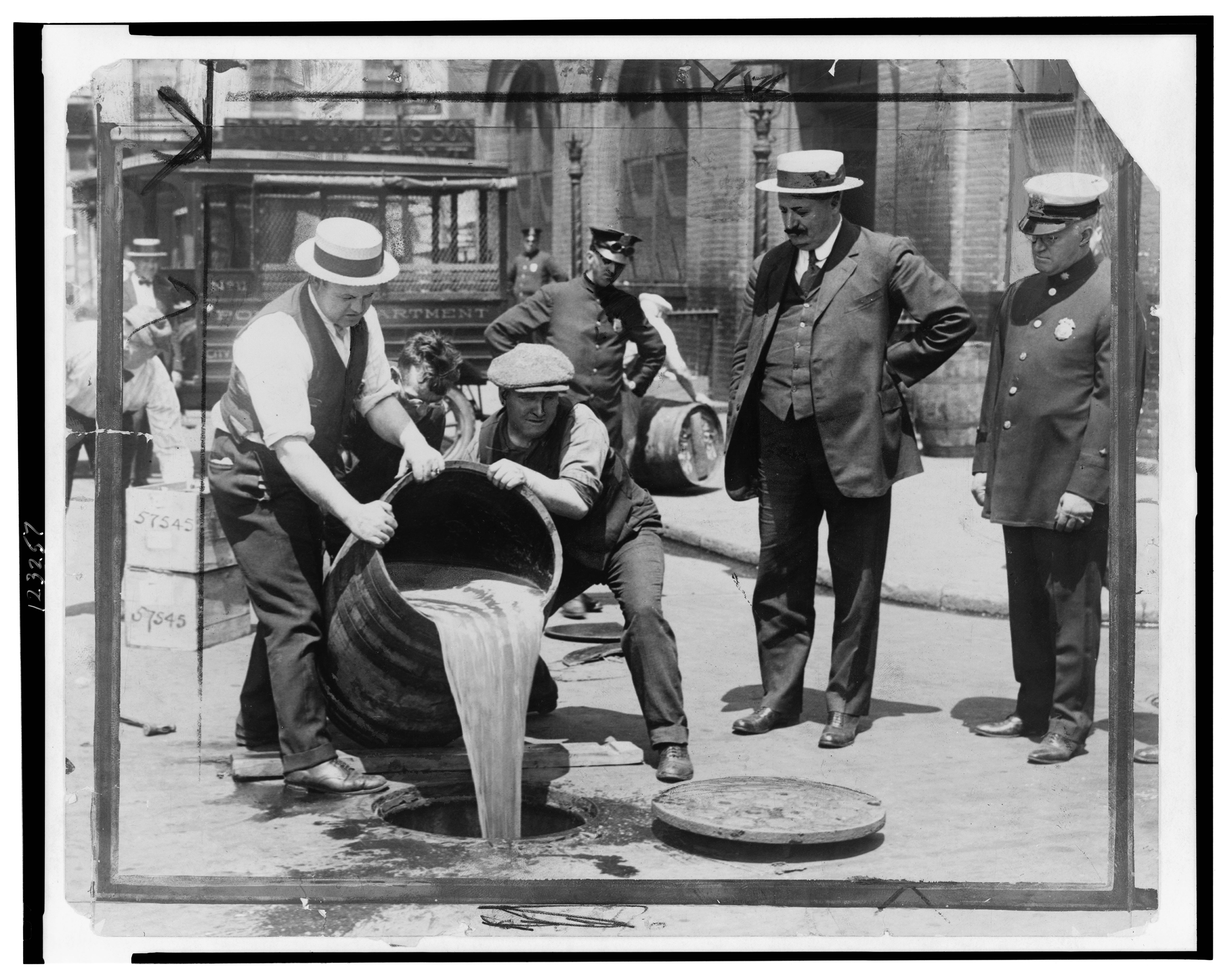If December is the wild night on the town, then January is the morning-after hangover. That’s as true for local bars as it is for drinkers who recognize “Drynuary” with a month-long moratorium. As one of the growing multitude that takes January off from booze, I’ve come to wonder how this collective cleansing might be affecting the health of the industry.
I spoke with a number of bartenders, all of whom mentioned that the biggest change they’ve noticed over the past few years is a higher percentage of people who are up-front about their abstinence. In some cases, it’s regulars who start ordering mocktails in place of their favorites; in others it’s a more chagrined “Sorry, but . . . ” The cumulative effect is clear, though: a lot of slow nights.
Perhaps unsurprisingly, the phenomenon is most noticeable in the first two weeks of January. As with any New Year’s resolution, resolve tends to weaken with a bit of time. By mid-January, the gray and gloom will have driven many back to their familiar haunts, though nowhere near enough for the bartenders I spoke with.
Trying to extract the growing effects of Drynuary from the much broader industry trend of dead Januaries is difficult, especially since all I did was talk to some bartenders and owners I know; it’s possible a more mathematically rigorous study could produce a totally different conclusion. Furthermore, money is the other key factor here: After the spending frenzy of the holiday season, most of us try to rein in our habits once those bulging credit-card bills hit. Cutting out drinking is an easy (if not always enjoyable) solution.
So what can bars do? Well, for most the answer amounts to “grin and bear it.” You cut down on staff, encourage people to take some time off after what’s often been a long and intense December, and hope you hit a patch of good luck. Oh, and root for the Seahawks. One consistent thing I heard, and not just from folks who work in sports bars, is that the Hawks’ success has helped drive business over the past few Januaries.
Game-day crowds are usually strong, but the playoffs are often a multiplier, meaning more people coming into town for home playoff games, filling downtown bars and restaurants on the nights before and after the game. Unfortunately, with Seattle slated to play on the road throughout this year’s run, that panacea won’t be an option. Factor in the new increase in the minimum wage (and the attendant price increases that have come with it), and it’s looking as though it might be a very difficult winter for the Seattle bar scene. I’d raise a glass to them, but, you know . . . I’m not drinking right now.
Zach Geballe delivers the latest in wine, cocktails, and bar culture every other week. If you know something he should know, e-mail thebarcode@seattleweekly.com.




